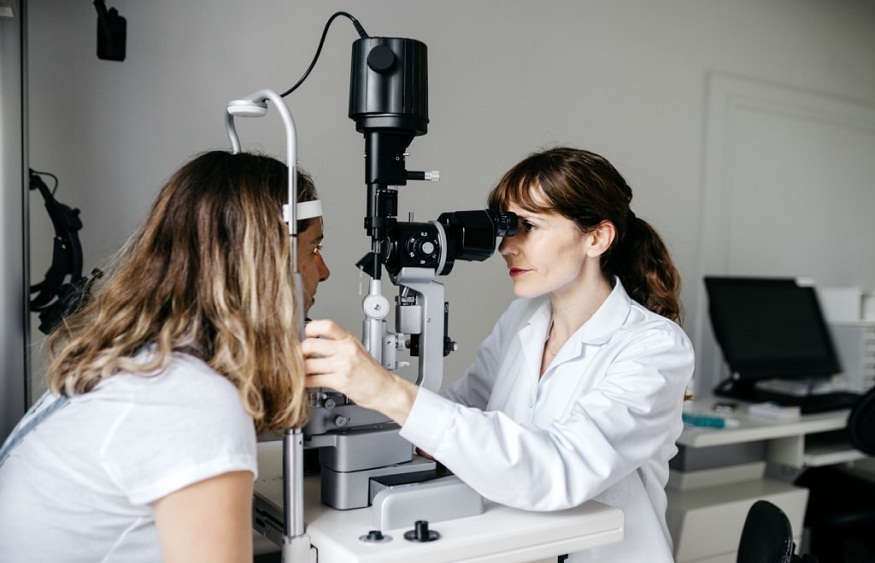Ophthalmologists And The Management Of Retinal Detachments
Retinal detachments are serious and need prompt attention. When the retina detaches, vision can be at risk. Ophthalmologists play a key role in managing this condition. With their expertise, they can often prevent long-term vision loss. They use both surgery and non-surgical methods. Understanding the latest in ocular health, like advancements from studies on “Glaucoma oviedo,” helps ensure effective treatment for retinal issues.
What Is a Retinal Detachment?
It sends visual messages to the brain. When the retina detaches, it loses connection with the vital blood supply. This can cause vision to blur or be lost. Early detection and treatment are crucial to prevent permanent damage.
Causes of Retinal Detachment
Retinal detachment can happen for several reasons:
- Age-related changes in the eye
- Eye injuries
- Advanced diabetes
An ophthalmologist can help identify risk factors and provide guidance on prevention.
Symptoms to Watch For
Symptoms of retinal detachment may include:
- Sudden flashes of light
- Floaters in vision
- A shadow over the field of vision
If any of these symptoms are noticed, it is important to seek immediate care. Delaying treatment can result in permanent vision loss.
Treatment Options
Ophthalmologists have several methods to treat retinal detachment.
| Treatment Method | Description |
| Laser Surgery | This seals the retina to the underlying tissue. |
| Freezing (Cryopexy) | Freezes the area around the retinal tear. This helps form a scar and reattach the retina. |
| Pneumatic Retinopexy | Injects a gas bubble into the eye. The bubble presses the retina back in place. |
The Role of Ophthalmologists
Ophthalmologists are trained to handle complex eye conditions. Their expertise ensures the best outcomes for retinal detachment cases. They assess the eye’s condition, recommend appropriate treatments, and monitor recovery. This comprehensive care is essential for preserving vision.
Preventive Measures
Taking steps to protect the eyes can reduce the risk of retinal detachment:
- Regular eye exams
- Protective eyewear during sports
- Managing chronic conditions like diabetes
Early detection through routine care can prevent many vision problems before they start. More information is available from the National Eye Institute.
Conclusion
Retinal detachment is a serious condition that needs prompt attention. Ophthalmologists use a mix of methods to treat it and prevent vision loss. Awareness and early action are key. Understanding symptoms and treatment options can make a difference. For more details on managing eye health, visit the Mayo Clinic website.


Leave a Reply
You must be logged in to post a comment.